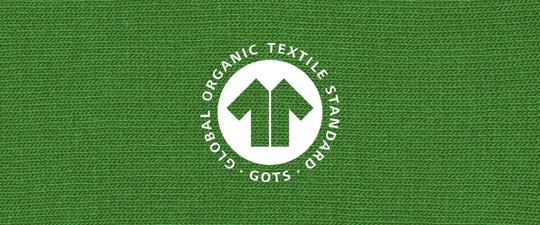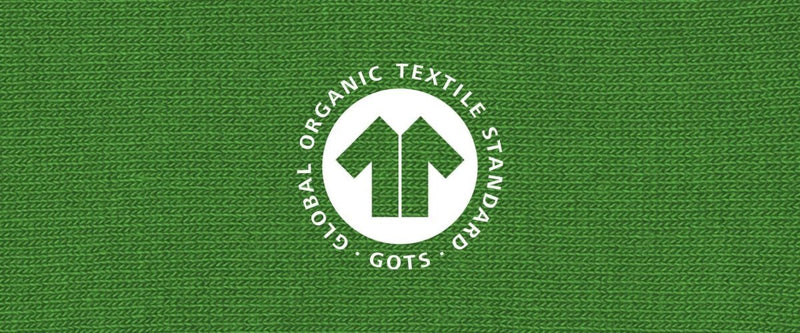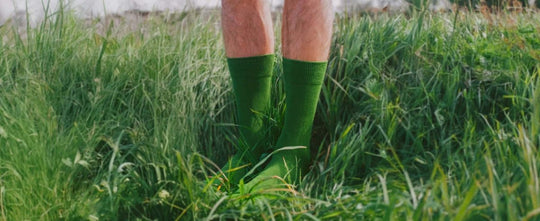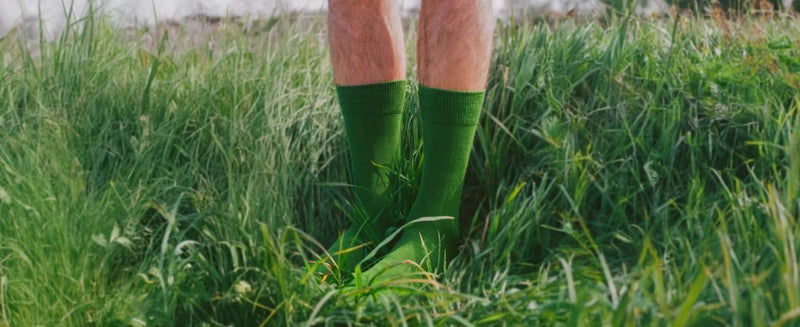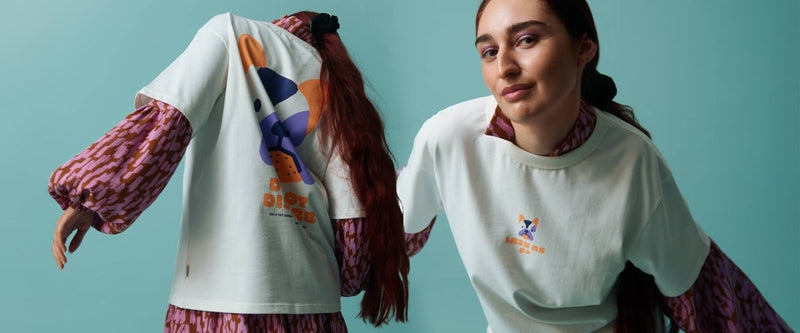11 years ago on April 24, 2013 one of the worst disasters in the textile industry happened: the collapse of the Rana Plaza building in Bangladesh. More than 1,100 people died and many more were injured. The wide publicity that the tragic event received has sparked a movement for more sustainability and justice in the fashion industry. Among other things, the Fashion Revolution Week of the NGO fashionrevolution.org was initiated.
#fashionrevolutionday #ranaplazaneveragain
Inhalte
Fashion Revolution - Our chance for a more sustainable fashion market
Fashion Revolution Week takes place in April every year. The aim is to commemorate the Rana Plaza accident and to call for changes in the industry. Although there is great awareness of the problems associated with poor occupational safety, poor labor rights and low wages in the textile sector, the situation in many textile factories is still critical. If you would like to support a petition for fair wages along the supply chain, check out #GuteclothingFaireLöhne .
Our production standards
We would like to use the Fashion Revolution Day as an opportunity to establish a status quo of our own production standards and to set goals for an even more transparent value chain.

Production in Europe
Our products are currently manufactured in Portugal. A direct exchange with our production and regular on-site visits ensure that high social standards are maintained. A close partnership is important to us. We attach great importance to fair working conditions in the production chain. In addition, local production reduces carbon emissions and transport, contributing to an overall more sustainable, Fashion Revolution-compliant approach.
Organic cotton
Much of cotton is produced in the Global South. In order to guarantee social standards and ecologically clean work processes in this part of the value-added process, we only use organic cotton. In contrast to conventional cotton, organic cotton (kbA) is grown without the use of pesticides and chemical fertilizers. This reduces the environmental impact and improves the working conditions of the farmers and workers involved in production.
GOTS certification
DillySocks has also been GOTS-certified since 2020. The Global Organic Textile Standard takes the entire production chain into account. This makes GOTS one of the world's leading global standards for ecological textiles. The aim of the GOTS is to ensure sustainable production of textiles - across the entire production chain. The GOTS bans many chemicals and sets minimum social standards - Fashion Revolution here we go! For us, the GOTS certification is an important step towards a more sustainable fashion market as it supports consumers to buy clothes that are more environmentally friendly and ethically responsible. By the way: In our current collection, more than 40% of our products are already GOTS-certified - and the trend is rising!
Fashion Revolution - Everyone bears responsibility
Every purchase has an impact. By buying more sustainable and ethically produced clothing, we as consumers can help reduce the environmental impact of the fashion industry. The working conditions for workers in the textile industry are also sustainably improved through sustainably produced fashion. This gives us the opportunity to use our influence as a fashion brand and promote the change towards a more sustainable textile market. Fashion Revolution Week is an opportunity for us as fashion brands and consumers to engage, learn and take action to transform the fashion industry.
Learn more about our sustainability approach and production standards.

